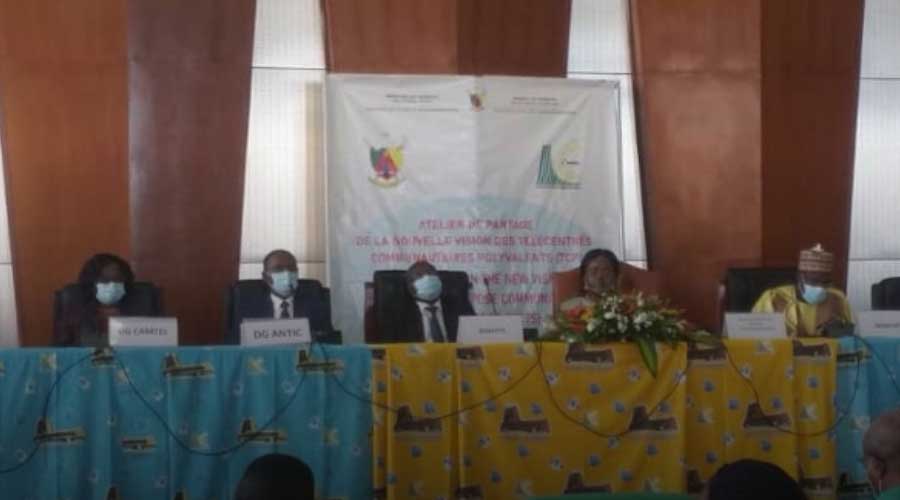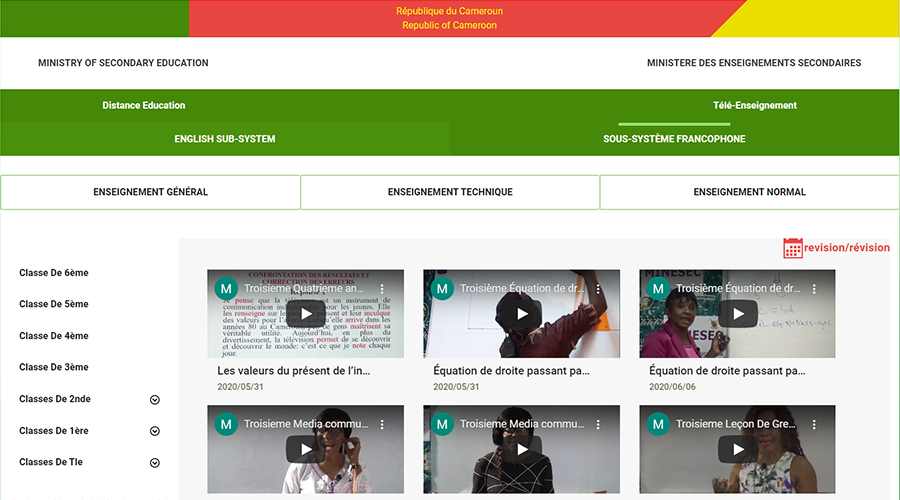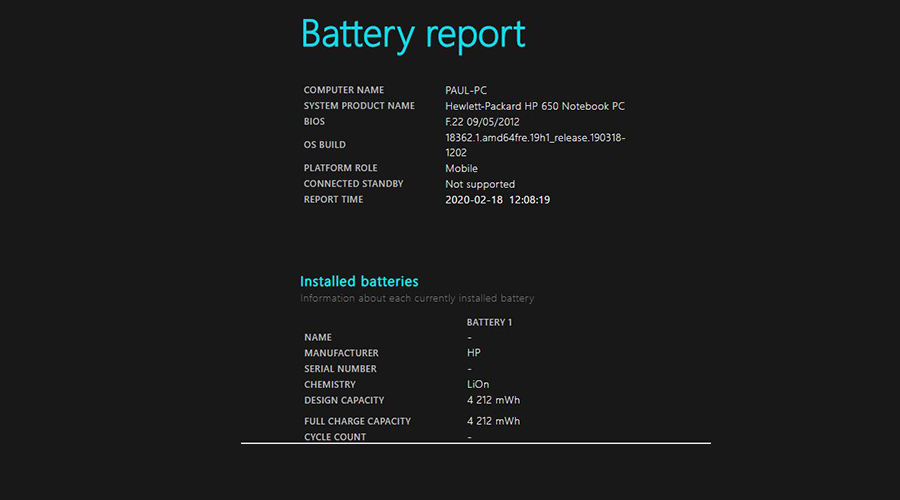
Cameroon: the government wants to give new impetus to the deployment of multipurpose community telecenters
The TCP project was launched in Cameroon in 2002, through a pilot phase under HIPC funding. 231 TCPs and Digital Access Points (NAPs) were built, equipped and put into service in all ten regions of the country, in order to enable rural areas to appropriate these new technologies to reduce the digital divide between urban and rural areas and to support the development of rural areas through access to telecommunications, computer, audiovisual and Internet services at lower cost.
However, ten years after their implementation, many dysfunctions have been noted, mainly related to difficulties in providing Internet access and problems related to recurrent load shedding. But also, electronic communication services have been offered, in the range of services of cell phone operators, whose networks cover most of the localities hosting the TCPs, thus questioning the relevance of this infrastructure.
The Prime Minister Head of Government has therefore instructed in 2017, the realization of an accounting, financial and strategic audit of the said program, from which emerged the imperative need for a new vision, for the implementation of what we want to call, the "new generation TCPs". The sharing and documentation of this new vision is the objective of the three-day workshop that opened this Wednesday, October 27, 2021 at the Palais des Congrès under the coordination of the Ministry of Posts and Telecommunications and the presence of many personalities and experts from all sides.
In her speech during the opening ceremony, Minister Libom Li Likeng said: "I therefore call on you to work with commitment and determination, in a spirit of frank collaboration, in view of the great expectations and hopes that the TCPs carry for the populations of the rural areas of our country. We must all be aware that time is short. Remember: the digital society does not wait for latecomers."
She also explained that MINPOSTEL was inspired by the success stories of several countries. A study mission led by GIZ, a partner of the program, and in which some Mayors of Cameroon's Communes took part, as well as representatives of the Minister in charge of local development, went to Rwanda to explore the success factors of the Rwanda Telecenter Network (RTN), which has been identified as a good practice in telecenter management in Africa.
A new strategic approach was defined, based on bringing the administration closer to the population, through the provision of administrative services previously digitized, the transformation of telecenters into business development centers, and finally, a sustainable profitability of telecenters in financial and technical terms.
Thus, in light of all this analysis, the vision formulated for the revitalization of telecenters is to: "To make accessible in an equitable way to all citizens in their locality, through Telecenters, all services of the public, private and social sectors, to ensure efficiency, transparency and reliability at affordable costs, to meet the basic needs of rural populations, in order to reduce the digital divide". As you can see, with this new vision, the "new generation" telecenters will be able to provide all types of services required by users in one place," she said.
Source : digitalbusiness.africa







